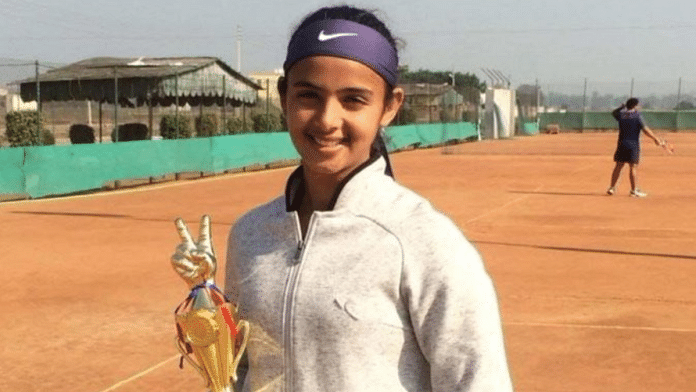Radhika Yadav Murder: Khap Panchayat’s Influence and Family Backlash

Background of the Radhika Yadav Murder Case
The tragic murder of Radhika Yadav, a young woman from Haryana, has brought to light the complex and controversial role of Khap Panchayats in rural India. The incident has sparked nationwide debates about justice, social norms, and the power dynamics within local communities.
What is a Khap Panchayat?
Khap Panchayats are traditional caste-based councils prevalent in parts of North India, particularly Haryana, Uttar Pradesh, and Rajasthan. These informal assemblies wield significant social influence, often making decisions on matters such as marriage, family disputes, and community conduct. Despite lacking legal authority, their rulings frequently affect the lives of villagers.
Details of the Murder and Khap Panchayat’s Role
Radhika Yadav was murdered under circumstances linked to opposition from a Khap Panchayat over her personal choices. Reports indicate that the Khap’s disapproval led to tensions within her family and community. Following the murder, the Khap Panchayat faced severe criticism for allegedly endorsing or turning a blind eye to acts of violence in the name of social control.
Family’s Reaction and Legal Actions
In a notable development, Radhika’s family has distanced themselves from the Khap Panchayat, rejecting its authority and demanding justice through formal legal channels. The family’s move underscores growing resistance against such traditional bodies, especially in cases where their interventions have led to human rights violations.
Broader Social Implications
This case has reignited discussions about the legitimacy and accountability of Khap Panchayats. Critics argue that while they preserve cultural identity, they often perpetuate patriarchal and regressive norms, undermining the rule of law and individual freedoms.
Timeline of Key Events
- Early 2025: Radhika faces opposition from local Khap Panchayat.
- Mid-2025: Rising tensions escalate within the community.
- July 2025: Radhika Yadav is tragically murdered.
- Subsequent weeks: Family breaks ties with Khap, demands formal justice.
Trivia and Facts
- Khap Panchayats have existed for centuries, rooted in clan-based social structures.
- Several Indian courts have declared Khap decisions illegal, but their social influence remains strong.
- Cases like Radhika’s highlight ongoing clashes between traditional customs and modern legal frameworks.
Conclusion
The Radhika Yadav murder case is a stark reminder of the challenges India faces in balancing cultural traditions with human rights and legal justice. The growing pushback against Khap Panchayats signals a shift towards stronger legal protections for individuals, especially women, in rural communities.
Source: Theprint
